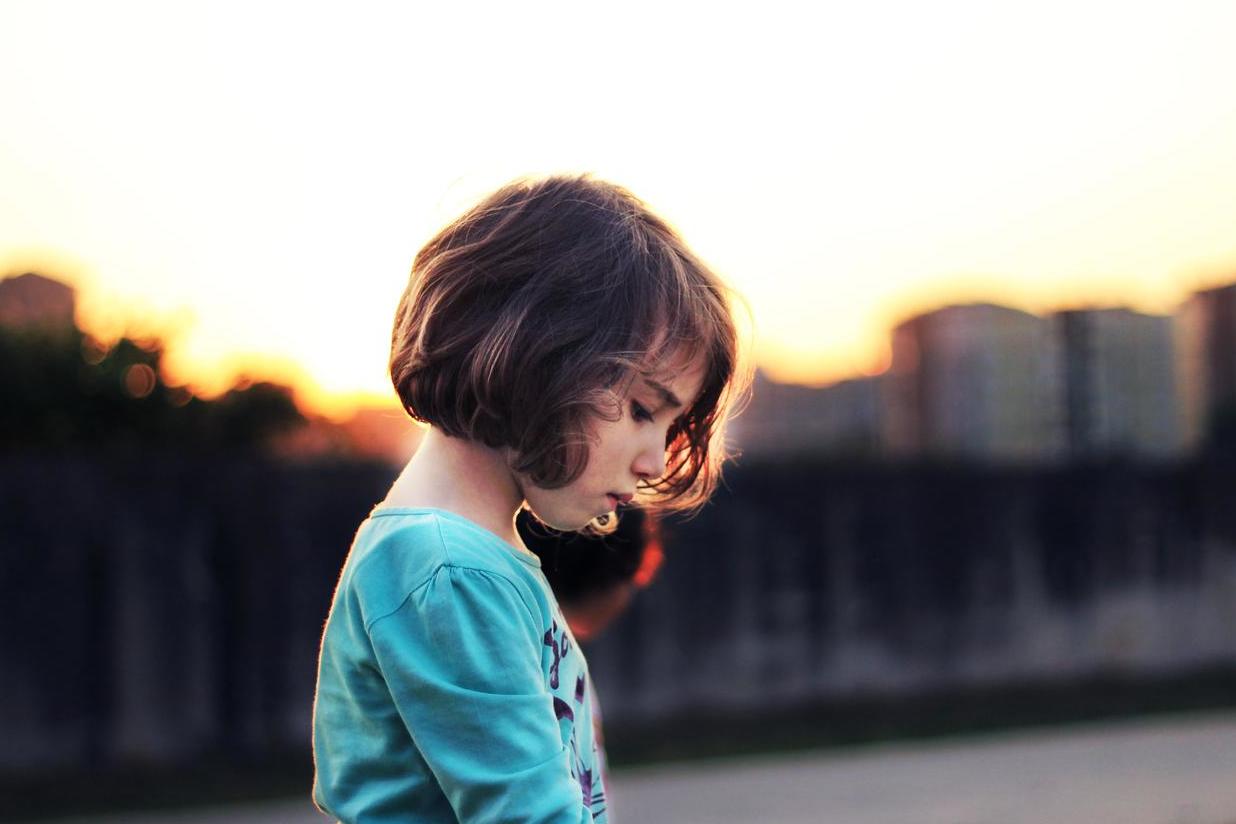The Independent's journalism is supported by our readers. When you purchase through links on our site, we may earn commission.
Social media could be responsible for rise in lonely children, Childline warns
The youngest person to call was just 10-years-old

A rising number of children are contacting Childline about feelings of isolation and loneliness, new figures show.
Childline has revealed that the NSPCC-supported service has delivered 4,636 counselling sessions for loneliness in 2017/18.
This is only second year loneliness data has been recorded - it used to go down as “low self-esteem” or “unhappiness” - and the figures highlight a 14 per cent rise on the year before, when it assisted 4,063 young people struggling with feelings of isolation.
The new report also reveals that nearly 80 per cent of these counselling sessions went to girls, with many claiming that the harmful effects of social media and comparing themselves to others online made them feel increasingly isolated.
While the majority of those who reached out for help were teenagers, the youngest person to call with an issue was just 10-years-old.
One teenage boy told Childline: “Recently I've been feeling really isolated and alone. I see all my friends having a good time on social media and it gets me down, I feel like no one cares enough to invite me.
“My mood is getting worse and now I'm just upset all the time and can't stop crying. It's affecting my school work and my mood swings are uncontrollable, it's like everything is falling apart. I just don't want to feel alone anymore.” (Boy, 16-18)
The figures have been released as the NSPCC launches its “Are you there?” campaign which is calling on the Government to provide funding to Childline so it can help more children and teenagers struggling with mental health problems.
“Loneliness needs to be taken seriously because it is potentially damaging to children’s physical and mental health. The crucial question is what is causing this rise among the young?” asks Childline founder, Dame Esther Rantzen.
“Are we all too busy to make space and time for our children? Is it that we have lost the habit of eating together? Or is it the illusion created by social networks that everyone else is liked, popular and enjoying a far more exciting life so they feel lonelier than ever? Whatever the reason it’s crucial that young people know they can always contact Childline to speak to someone who will listen and care about them.”
Almundena Lara, NSPCC head of policy agrees, adding that while we might not think of loneliness as something that affects young people, the figures prove otherwise.
“Children are increasingly seeking support about feeling alone and isolated.” Lara said.
“This year the Prime Minster announced a strategy on tackling loneliness and social isolation, and the NSPCC would urge those working on this taskforce to take children and how they are now engaging with the world fully into account.”
If you are concerned that your child may be experiencing feelings of loneliness but find it difficult to get them to open up Childline has provided the following advice:
- Start conversations at a time when you won’t be interrupted such as on a walk or car ride
- Try not to overreact if your child tells you something that alarms and upsets you as it may put them off talking to you
- If your child isn’t ready to talk make sure you try again in a few days
- Make sure you take in what your child is telling you – it shows you value their feelings and opinions.
If you still struggle to get your child to open up make sure they know they can contact Childline for free and confidential support anytime on 0800 1111, www.childline.org.uk or by downloading the "For Me" app from the app store.
Join our commenting forum
Join thought-provoking conversations, follow other Independent readers and see their replies
Comments